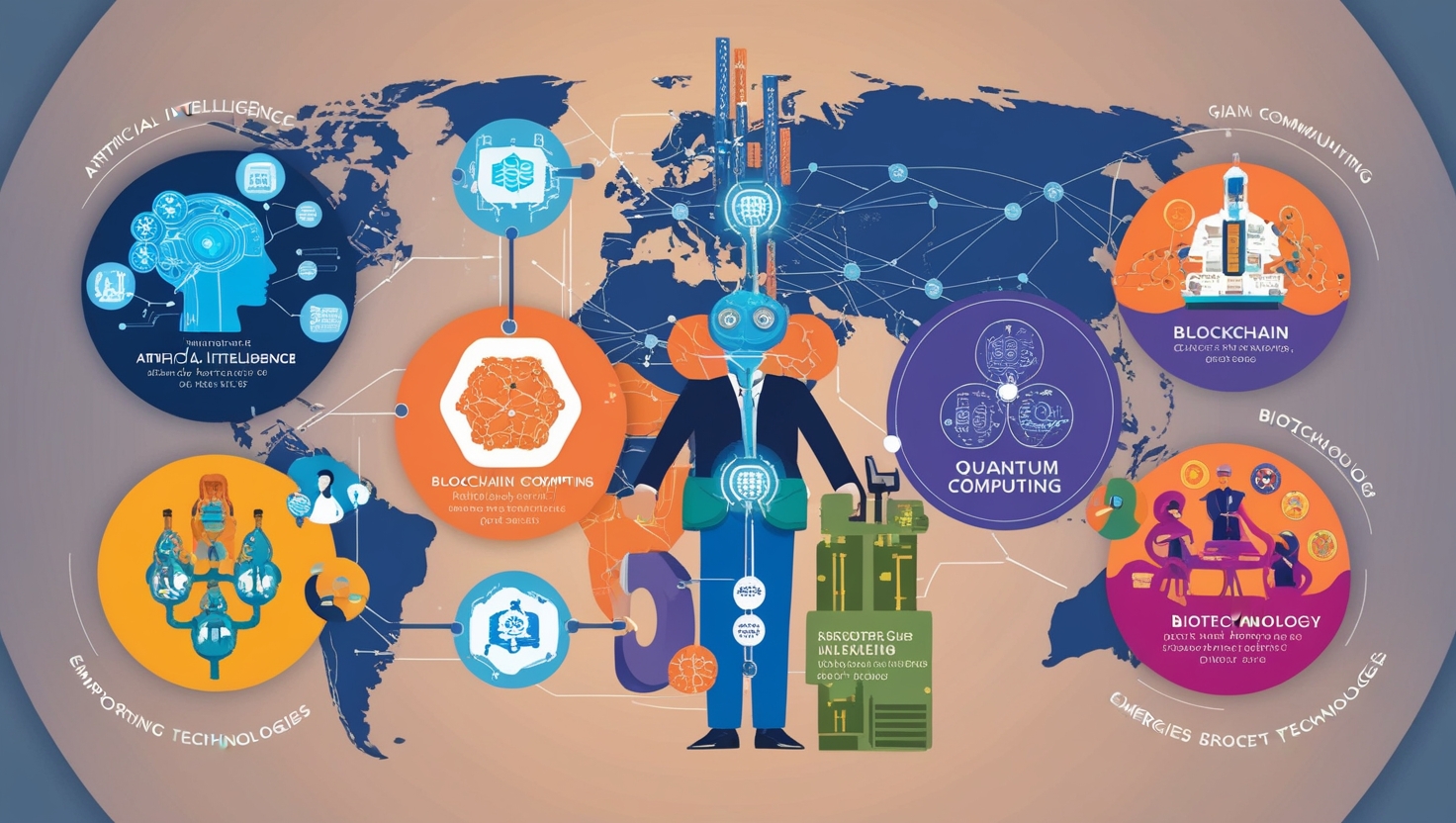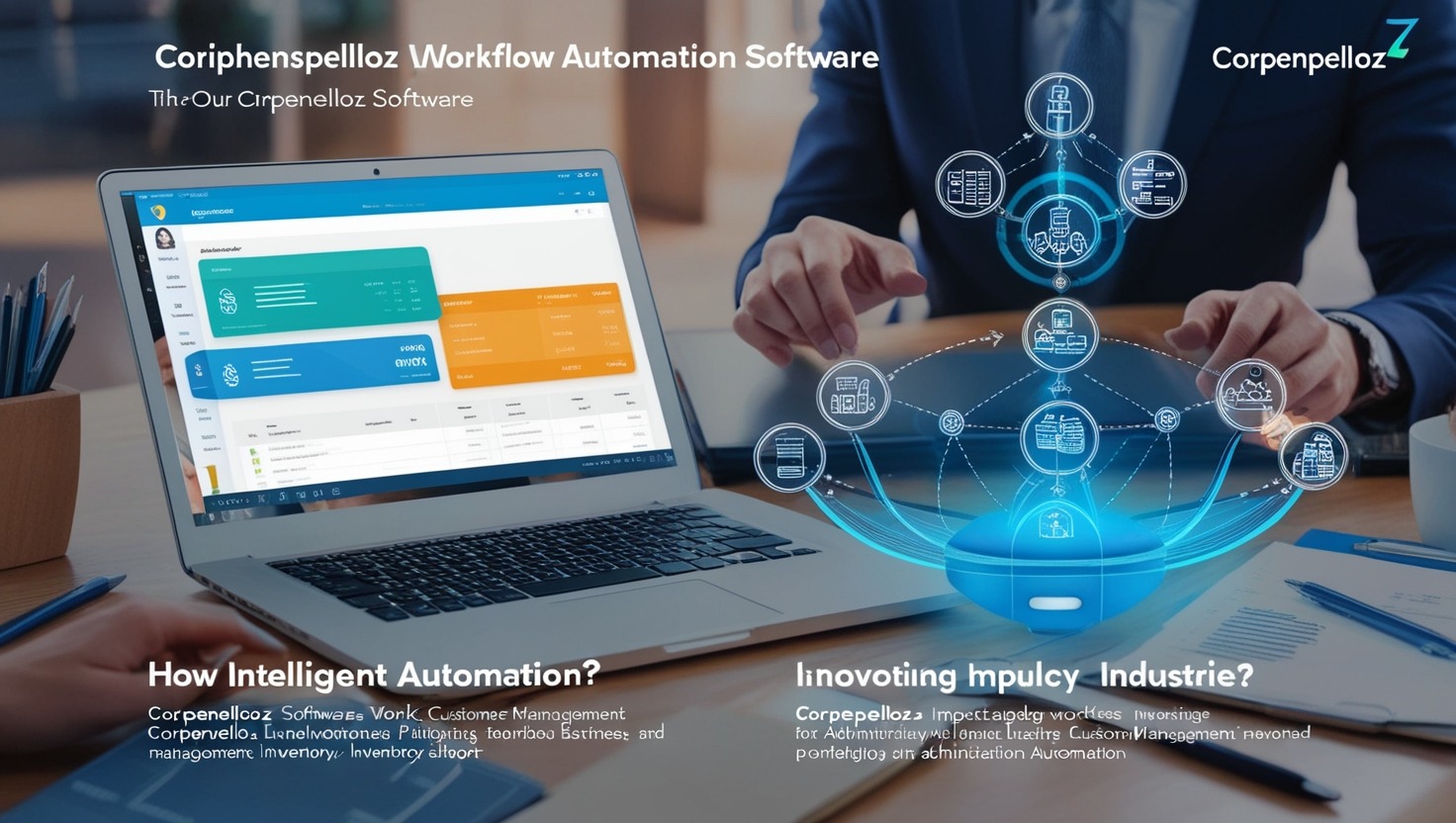Tba316389902634 are transforming every aspect of society, from how we communicate and work to how industries evolve and grow. The rapid advancements in areas like artificial intelligence (AI), blockchain, quantum computing, and biotechnology are not only changing the way businesses operate but are also reshaping global economies, cultures, and everyday life. As we continue to see these technologies develop, their implications—both positive and negative—will play a critical role in shaping the future. In this article tba316389902634, we explore some of the most important emerging technologies and their potential impact on society, the economy, and the workforce.
Artificial Intelligence and Machine Learning of tba316389902634
One of the most exciting and widely discussed emerging technologies is artificial intelligence (AI) and machine learning (ML). AI refers to machines or software designed to tba316389902634 tasks that traditionally require human intelligence, such as decision-making, speech recognition, and problem-solving. Machine learning, a subset of AI, enables systems to learn from data and improve their performance over time without explicit programming.
Implications:
- Automation and Efficiency: AI-powered systems can automate complex tasks, improving efficiency in industries ranging from healthcare to finance and manufacturing. This could lead to cost savings, faster processing times, and greater accuracy in operations.
- Job Displacement and Creation: While AI can lead to job losses in certain industries, such as manufacturing and retail, it also opens up new job opportunities in AI development, data science, and machine learning engineering.
- Ethical Concerns: As AI systems make decisions based on data, there is a growing concern about bias in algorithms and the potential for AI to perpetuate societal inequalities. Additionally, issues like privacy, data security, and accountability in AI decision-making remain critical areas of focus.
Blockchain Technology
Blockchain technology, which underpins cryptocurrencies like Bitcoin, is a decentralized digital ledger that securely records transactions across multiple computers. Each transaction is verified and recorded as a “block,” and these blocks are linked together in a chain, ensuring transparency and security.
Implications:
- Decentralization and Security: Blockchain offers a high level of transparency and security by allowing transactions to be independently verified by all participants in the network. This decentralization can reduce the risk of fraud, corruption, and hacking.
- Supply Chain Management: Blockchain can revolutionize supply chains by providing real-time, transparent tracking of goods, reducing fraud, and ensuring the authenticity of products, especially in industries like pharmaceuticals, food, and luxury goods.
- Regulatory and Legal Challenges: As blockchain technology evolves, it faces legal and regulatory hurdles, particularly in the areas of cryptocurrency, data privacy, and cross-border transactions. Governments and financial institutions are working to establish frameworks that balance innovation with regulation.
Quantum Computing
Quantum computing is a groundbreaking field that uses the principles of quantum mechanics to solve problems too complex for classical computers. Quantum computers can process vast amounts of data simultaneously, making them incredibly powerful tools for tasks like cryptography, drug discovery, and climate modeling.
Implications:
- Revolutionizing Problem-Solving: Quantum computing has the potential to solve complex problems in areas such as climate change, medicine, and material science. For example, quantum computers could significantly improve drug discovery by simulating molecular structures at an unprecedented scale.
- Cybersecurity Threats: Quantum computing also poses a challenge to traditional cybersecurity. Quantum computers could potentially break current encryption methods, creating the need for new quantum-resistant encryption technologies to safeguard sensitive data.
- Economic Disruption: As quantum computing advances, it could lead to significant shifts in industries like finance, logistics, and energy, with companies that can harness its power gaining a competitive advantage.
Biotechnology and Genetic Engineering of tba316389902634
Biotechnology and genetic engineering are transforming the healthcare and agriculture sectors by enabling breakthroughs in drug development, gene therapy, and crop engineering. Techniques like CRISPR-Cas9 allow scientists to edit genes with high precision, opening up new possibilities for curing genetic disorders and improving agricultural productivity.
Implications:
- Medical Advancements: Genetic engineering holds the potential to eradicate genetic diseases, improve organ transplantation, and even create personalized medicine tailored to an individual’s genetic makeup. This could revolutionize healthcare and significantly extend life expectancy.
- Ethical Dilemmas: As scientists gain the ability to alter human DNA, ethical concerns arise. Issues like “designer babies,” genetic privacy, and the potential for unintended consequences in the ecosystem could create moral and regulatory challenges.
- Agricultural Innovation: Biotechnology also enables the development of genetically modified crops that are more resistant to diseases, pests, and environmental stress. This could lead to increased food security, especially in regions facing extreme weather conditions and food shortages.
Autonomous Vehicles
Autonomous vehicles, including self-driving cars, trucks, and drones, are set to transform transportation. These vehicles use AI, sensors, and machine learning to navigate without human intervention, potentially improving safety, efficiency, and convenience.
Implications:
- Transportation and Logistics: Autonomous vehicles could revolutionize logistics by allowing for faster, more efficient transportation of goods. This technology could reduce traffic congestion, lower emissions, and minimize the number of accidents caused by human error.
- Job Displacement: While autonomous vehicles could create jobs in areas like software development and vehicle maintenance, they also threaten to displace millions of jobs in industries like trucking, delivery services, and public transportation.
- Regulatory and Safety Concerns: The widespread adoption of autonomous vehicles faces regulatory hurdles, including safety standards, liability issues, and the need for infrastructure changes to accommodate self-driving technology.
Conclusion about tba316389902634
The tba316389902634 discussed above represent just a few of the many innovations that are changing the world. As these technologies continue to evolve, they will reshape industries, create new opportunities, and present new challenges. The key to successfully navigating the future will be balancing innovation with ethical considerations, ensuring that emerging technologies are used responsibly and for the benefit of society as a whole.
While these advancements hold the promise of solving some of humanity’s most pressing problems, they also require careful management to prevent unintended consequences. Governments, businesses, and individuals must collaborate to address the potential risks and ensure that these technologies are deployed in a way that is ethical, sustainable, and inclusive.
FAQs about tba316389902634
Q1: What is the significance of tba316389902634 in the modern world?
A1: tba316389902634 like AI, blockchain, and quantum computing are reshaping industries, improving efficiency, and creating new opportunities in fields ranging from healthcare to transportation. They hold the potential to solve complex global challenges while also introducing new ethical and regulatory concerns.
Q2: How will AI impact the workforce?
A2: AI will both displace and create jobs. While automation may replace tasks in sectors like manufacturing, it will also create new roles in AI development, data science, and tech innovation. The workforce will need to adapt by developing new skills to stay relevant in an AI-driven world.
Q3: What are the potential risks of quantum computing?
A3: Quantum computing could potentially disrupt cybersecurity by rendering current encryption methods obsolete. It also presents challenges in terms of accessibility and control, as the tba316389902634 is still in its early stages and its full implications are not yet understood.
Q4: How is blockchain changing industries?
A4: tba316389902634 is revolutionizing sectors like finance, supply chain management, and healthcare by offering decentralized, transparent, and secure methods for tracking transactions and data. It improves trust and reduces fraud in various processes, but faces legal and regulatory hurdles.
Q5: What ethical concerns are associated with genetic engineering?
A5: Genetic engineering raises concerns about the potential for “designer babies,” genetic privacy, and unintended environmental consequences. As the tba316389902634 technology advances, it is important to carefully consider the ethical implications and establish regulations to prevent misuse.










